Secure Foundation is a legally established entity that is dedicated to supporting a specific cause or addressing a critical issue within a community or society at large. Our trust has been formed with the goal of making a sustainable impact on Sports, health .cowshed, cloth bank, mass marriage, drinking water ,food distribution, natural calamities , organic farming and provide expertise training to make self-independent employment creation and we are committed to creating positive, lasting change for those who need it most.
The trust is structured in accordance with India charitable trust laws, and we aim to foster a transparent, accountable, and efficient operation. By supporting individuals, organizations, and communities in need, we hope to empower people to improve their lives and well-being.
We are committed to financial transparency and will provide regular reports to donors, stakeholders, and the public. Our financial practices adhere to the highest standards of accountability, ensuring that funds are allocated effectively to maximize impact.
We will publish annual reports that detail the allocation of funds, progress toward goals, and the outcomes of our initiatives. Additionally, we are committed to complying with all relevant auditing and reporting requirements to maintain trust and credibility within the community. Secure Foundation is engage in a wide variety of initiatives to address social, economic, environmental, or humanitarian challenges..
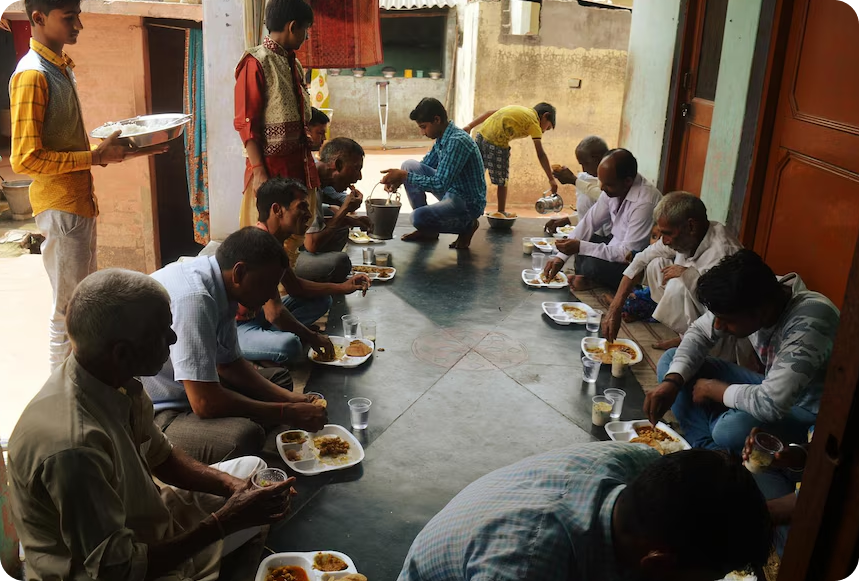
In the first three years of operation, our focus will be on:
Our long-term goals include:
The trustees of the charitable trust are responsible for overseeing the administration of
the trust’s /assets and ensuring the organization’s activities align
with its mission and objectives. Trustees are tasked with:
Our trust operates under a governance model that includes a Board of Trustees, an Executive Committee,
and various subcommittees. The Board is composed of individuals with expertise
in fields such as finance, law, healthcare, education, and community development, ensuring a well-rounded approach to decision-making.
Our fundraising strategy includes:
We will also actively engage with individual donors through direct mail campaigns, online giving platforms,
and regular communication about the impact of their contributions.
We are committed to financial transparency and will provide regular reports to donors, stakeholders, and the public. Our financial
practices adhere to the highest standards of accountability, ensuring that funds are allocated effectively to maximize impact.
We will publish annual reports that detail the allocation of funds, progress toward goals,
and the outcomes of our initiatives. Additionally, we are committed to complying with all relevant
auditing and reporting requirements to maintain trust and credibility within the community.


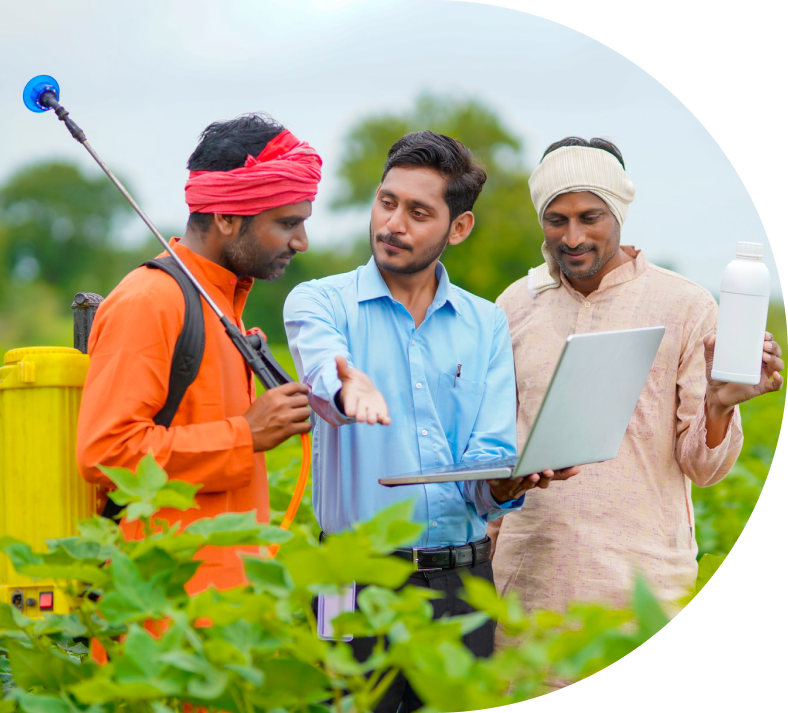
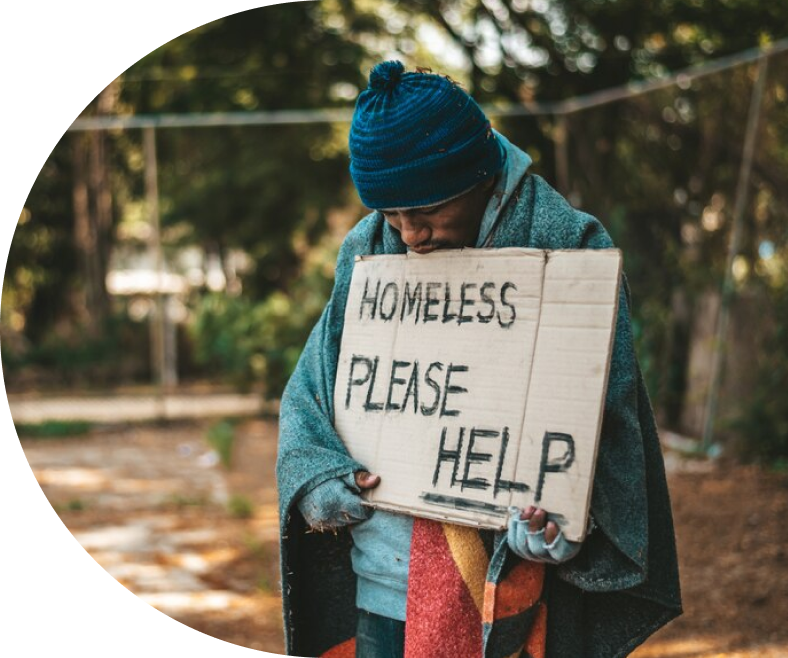
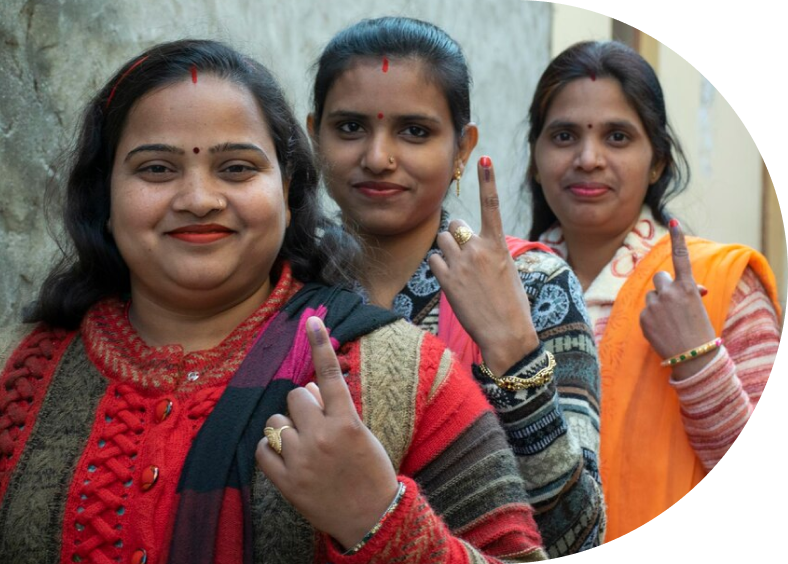

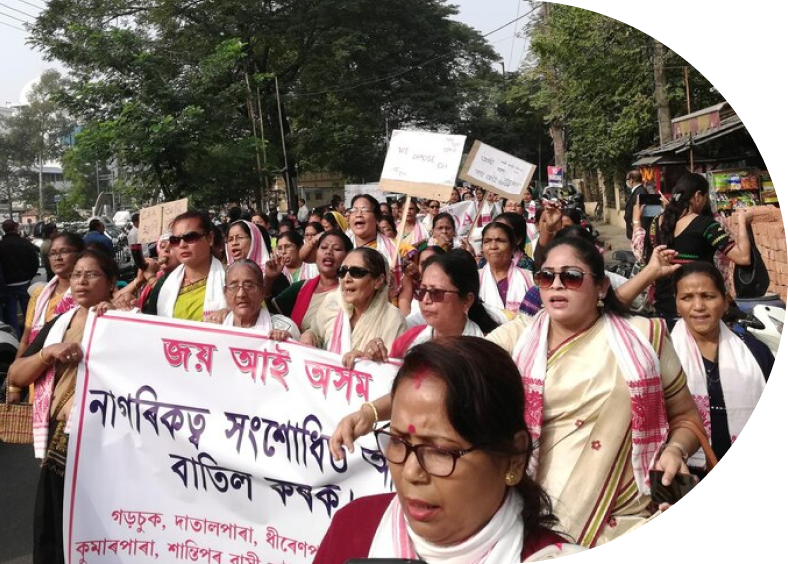
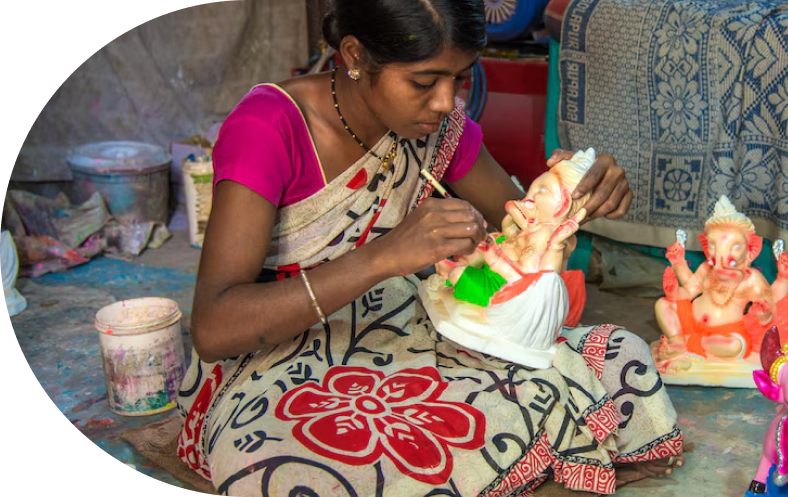

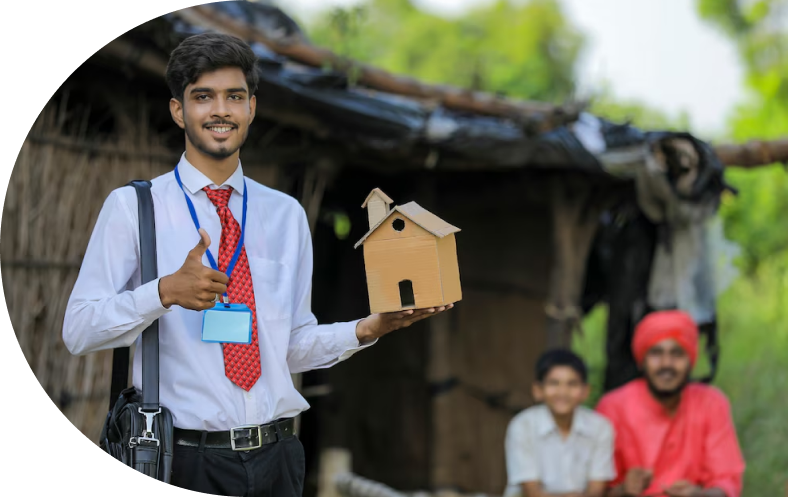
Secure Foundation is a legally established entity that is dedicated to supporting a specific cause or addressing a critical issue within a community or society at large.